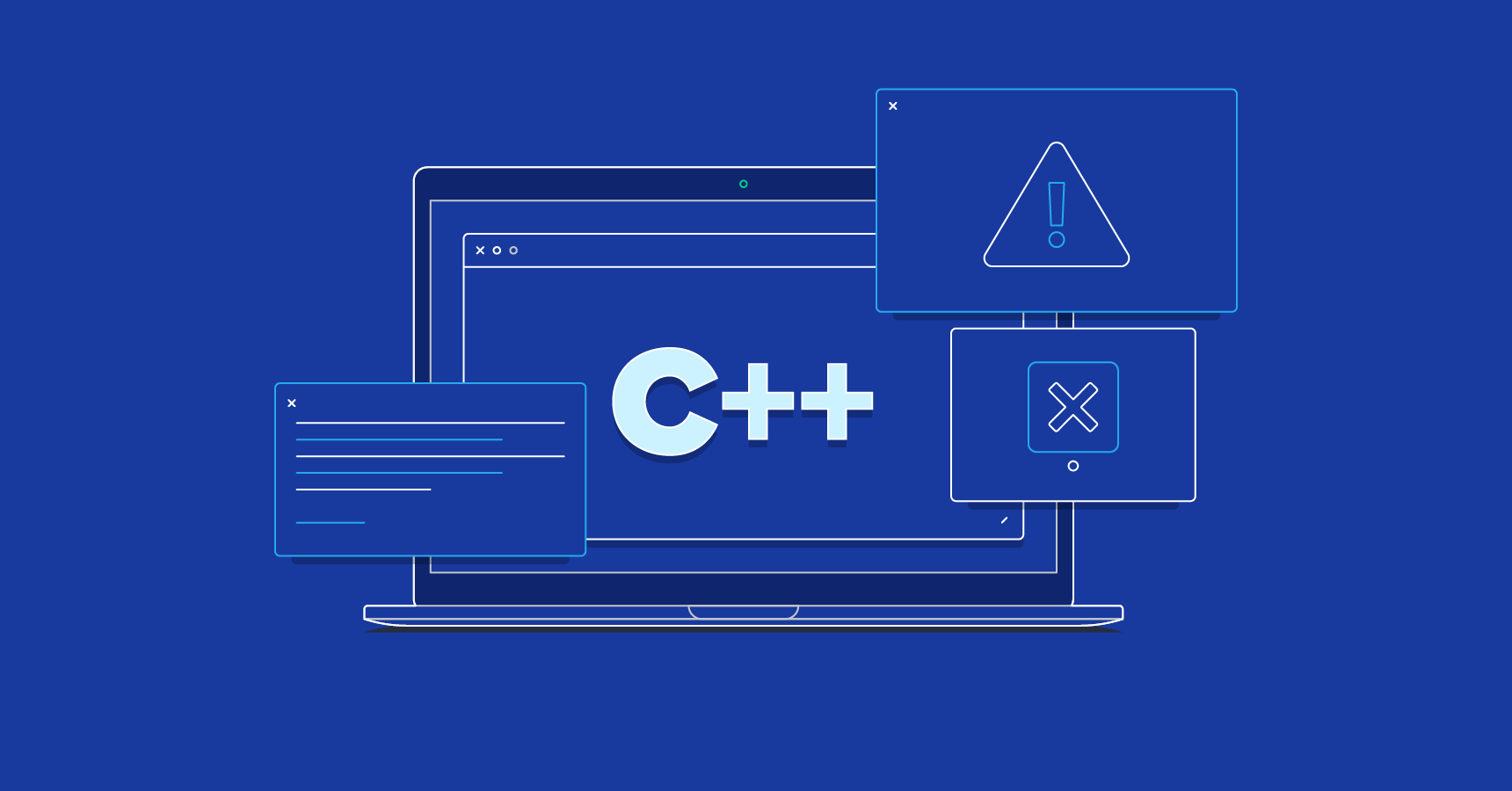c++ :

C++ is a general-purpose programming language that extends the capabilities of the C programming language. It was developed as an enhancement to C with the addition of object-oriented programming (OOP) features, allowing developers to create reusable and modular code using classes and objects. C++ combines the low-level memory manipulation capabilities of C with high-level abstractions and features, making it suitable for a wide range of applications, from system-level programming to game development and more. The language is known for its efficiency, performance, and versatility, making it a popular choice among programmers for various projects.
here's a detailed plan to learn the C++ programming language:
**Week 1-2: Introduction to Programming Concepts**
- Understand the basics of programming concepts: variables, data types, operators, and control structures.
- Learn about input/output using `cin` and `cout`.
- Get familiar with the C++ development environment, such as installing a compiler (e.g., Visual Studio, Code::Blocks).
**Week 3-4: Functions and Control Structures**
- Dive deeper into functions: function declaration, definition, parameters, and return values.
- Explore control structures: if statements, switch cases, loops (for, while, do-while).
- Practice solving simple problems using functions and control structures.
**Week 5-6: Arrays and Strings**
- Learn about arrays: declaration, initialization, accessing elements.
- Understand strings: C-style strings, string class.
- Practice manipulating arrays and strings through various exercises.
**Week 7-8: Object-Oriented Programming (OOP)**
- Introduce the concepts of Object-Oriented Programming: classes, objects, encapsulation, inheritance, and polymorphism.
- Create your own classes and objects in C++.
- Implement basic inheritance and polymorphism examples.
**Week 9-10: Pointers and Memory Management**
- Understand pointers: declaration, initialization, referencing, dereferencing.
- Learn about dynamic memory allocation: `new` and `delete` operators.
- Practice memory management and pointer manipulation.
**Week 11-12: Standard Template Library (STL)**
- Explore the C++ Standard Template Library (STL): containers (vector, list, map), algorithms, iterators.
- Learn to use these containers and algorithms effectively.
**Week 13-14: File I/O and Exception Handling**
- Study file input/output: reading and writing files in C++.
- Introduce exception handling: try-catch blocks, throwing and catching exceptions.
- Practice reading from and writing to files, and handling exceptions.
**Week 15-16: Advanced Topics**
- Explore advanced C++ topics: templates, operator overloading, smart pointers.
- Learn about multithreading and concurrency in C++.
- Start working on a larger project that incorporates multiple concepts you've learned.
**Week 17-18: Final Project and Debugging**
- Choose a project idea that aligns with your interests and encompasses the concepts you've learned.
- Begin working on the project, breaking it down into smaller tasks.
- Focus on debugging and optimizing your code as you go.
**Week 19-20: Refinement and Further Learning**
- Continue working on your project, adding features and improving functionality.
- Review and revisit any topics you find challenging or want to deepen your understanding of.
- Consider exploring more advanced C++ topics like lambda expressions, move semantics, and custom memory management.
Throughout the learning process:
- Practice regularly by solving coding exercises and challenges.
- Seek out online tutorials, video lectures, and C++ communities for help and inspiration.
- Work on personal projects to apply your knowledge in practical ways.
- Don't hesitate to refer to C++ documentation and online resources for clarification.
Remember, learning C++ is a journey, and consistent practice is key to mastering the language. Good luck!
Click here to view the source of the article